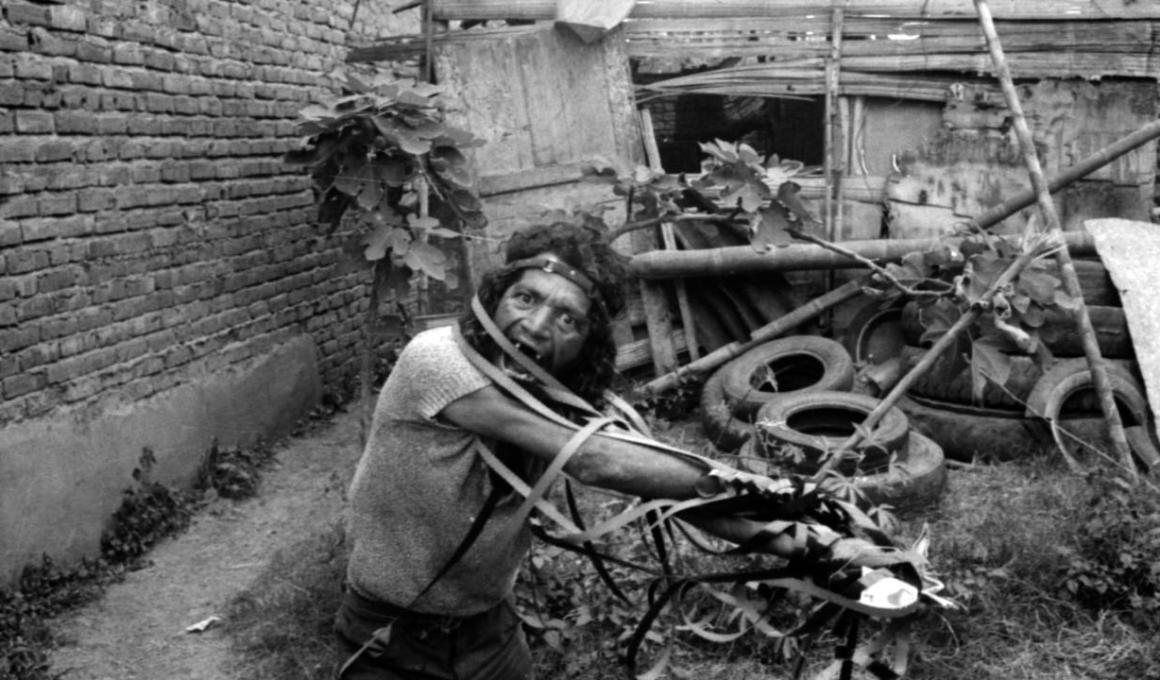Luis Ospina made the short documentary Listen, Look (1971) with his childhood friend Carlos Mayolo. The Pan American Games were being held in the city at that time, yet these young filmmakers did not gain accreditation. Instead of shooting the athletes, they filmed life in the streets around the stadium. The uncensored imagery of poverty, the fruits of the failure of the social system, contrasted sharply with the official, sanitized presentation of the event. With it, Ospina and Mayolo contributed to the cultural and social revival that took place in Cali in the 1970s.
Many Latin American filmmakers have come to realize that the easiest way to achieve a big break at foreign festivals is to film people living in squalid conditions and to affirm Western stereotypes about third-world countries. Ospina responded to the indecent exploitation of poverty both as a co-creator of a manifesto on so-called porn misery (Manifesto da Pornomiséria) and with his act of protest The Vampires of Poverty (1977). In a scathing mockumentary, Mayolo plays the role of a director who is so desperate to capture shocking footage from the slums that he doesn’t hesitate to stage it all just for the camera. Sharp criticism of capitalism and the hypocrisy of left-leaning artists not only earned both filmmakers great fame, but also resulted in animosity from their peers. However, their position as underground outcasts gave them independence. - dafilms
